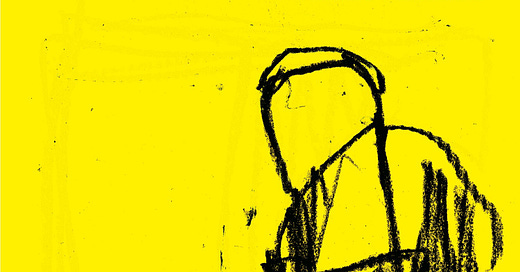A straight-up war novel from the middle of today’s Europe may seem like a postmodern proposition at heart, but in the case of Ukraine it’s plain realism. The country has been embroiled in bloody conflict since 2014, when Russia annexed a part of its territory and fostered (when not outright providing) separatist forces throughout its east. With The Orph…
Keep reading with a 7-day free trial
Subscribe to Book Post to keep reading this post and get 7 days of free access to the full post archives.



